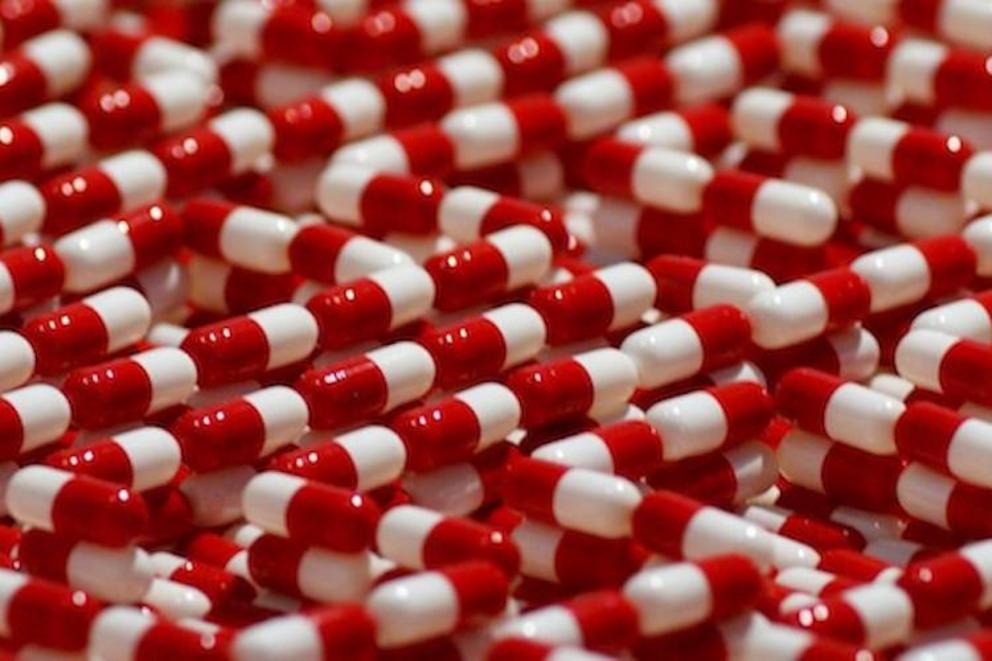Big Pharma companies accused of conspiring to inflate prices
... of over 100 generic drugs by up to 1000%
from the whatever-happened-to-that-quid-pro-quo? dept
At the heart of patents lies a quid pro quo. In return for a time-limited, government-backed intellectual monopoly, companies place their inventions in the public domain after the patent has expired. The theory is that granting patents encourages innovation, although there is plenty of evidence that it doesn't. In the world of drugs, this approach is supposed to allow other pharmaceutical companies to produce generics -- low-cost versions of drugs -- once they are off patent. People benefit because they can buy drugs at much cheaper prices than when they were still under patent.
But as Techdirt has reported, for many years, Big Pharma companies around the world have been trying to renege on that deal with society. One of the main ways is through "pay for delay" schemes. A drug company holding an expired patent buys off manufacturers of generics so that it can continue to enjoy monopoly pricing. A new lawsuit brought by 44 states suggests another way Big Pharma may have been cheating the public. It alleges that top pharmaceutical companies, including Teva, Pfizer, Novartis and Mylan, conspired to inflate the prices of over 100 generic drugs by as much as 1000%:
In court documents, the state prosecutors lay out a brazen price-fixing scheme involving more than a dozen generic drug companies and just as many executives responsible for sales, marketing and pricing. The complaint alleges that the conspirators knew their efforts to thwart competition were illegal and that they therefore avoided written records by coordinating instead at industry meals, parties, golf outings and other networking events.
The complaint alleges that there was an agreement to maintain artificially high prices. This was done collectively to ensure that all the companies involved retained a share of the market, but with enhanced profit margins. According to Reuters, Teva, which describes itself as "The World's Generic Pharmaceuticals Leader", said in a statement:
The allegations in this new complaint, and in the litigation more generally, are just that -- allegations. Teva continues to review the issue internally and has not engaged in any conduct that would lead to civil or criminal liability.
By an interesting coincidence, back in 2015 Teva agreed to pay $1.2 billion to settle a lawsuit brought by the FTC against its subsidiary, Cephalon, over a "pay for delay" scheme to keep competitors from launching low-cost generic drugs. It's almost as if the generics industry never learns...

